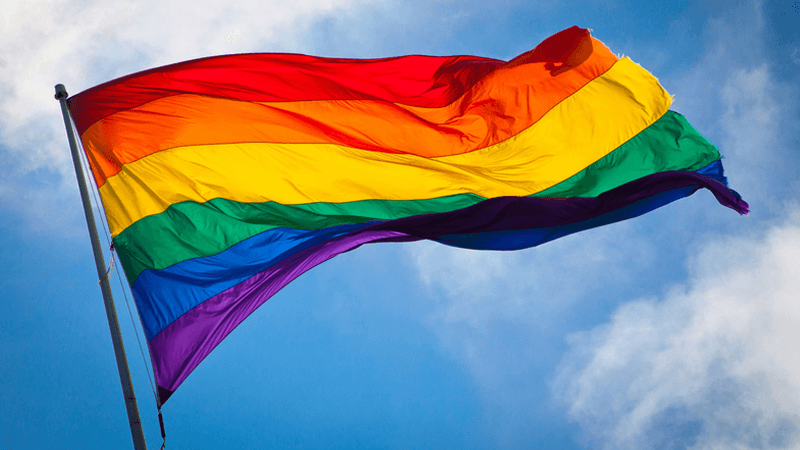The BBC employs a disproportionate number of LGBT people and bases its employment quota on the notoriously flawed Kinsey report, it has emerged.
A freedom of information request, seen by The Christian Institute, reveals that 11.5 per cent of BBC bosses and 10.6 per cent of staff are lesbian, gay, bisexual or transsexual.
This is despite the fact that only 1.7 per cent of the UK population is lesbian, gay or bisexual according to the latest study by the Office for National Statistics (ONS).
Kinsey
The number of people who have obtained a gender recognition certificate to change their legal birth sex is 4,500 – around 0.007 per cent of the UK population.
The BBC response claims that there is “no comprehensive survey on the LGBT population” and cites a report by Alfred Kinsey as evidence that the figure could be as high as ten per cent.
Kinsey’s figures on homosexuality, which were obtained in the 1940s and 50s, have been largely discredited.
‘Massive margin of error’
A Christian Institute report from 1998 shows that his studies had a “massive margin of error” because of the “bias” present in the groups of people he studied.
Some 25% of his sample were prisoners and many of his “subjects” volunteered after attending his lectures on sex.
Kinsey famously used a “0 to 6” scale with 0 being exclusively heterosexual and 6 being exclusively homosexual.
Merely having one thought of attraction to the same sex was sufficient to be rated homosexual.
‘Not impartial’
The information request highlights that the BBC has already passed its target of 8 per cent LGBT representation by 2020, which it announced in May last year.
The announcement was described as “bizarre” in The Spectator by Ross Clark, who said he would rather “trust the BBC’s managers to employ the best people for the job” instead of being bound by equality quotas.
The BBC’s former Political Editor Andrew Marr has described the Corporation as a “publicly-funded, urban organisation with an abnormally large number of young people, ethnic minorities and gay people”, adding that it is “not impartial or neutral”.

